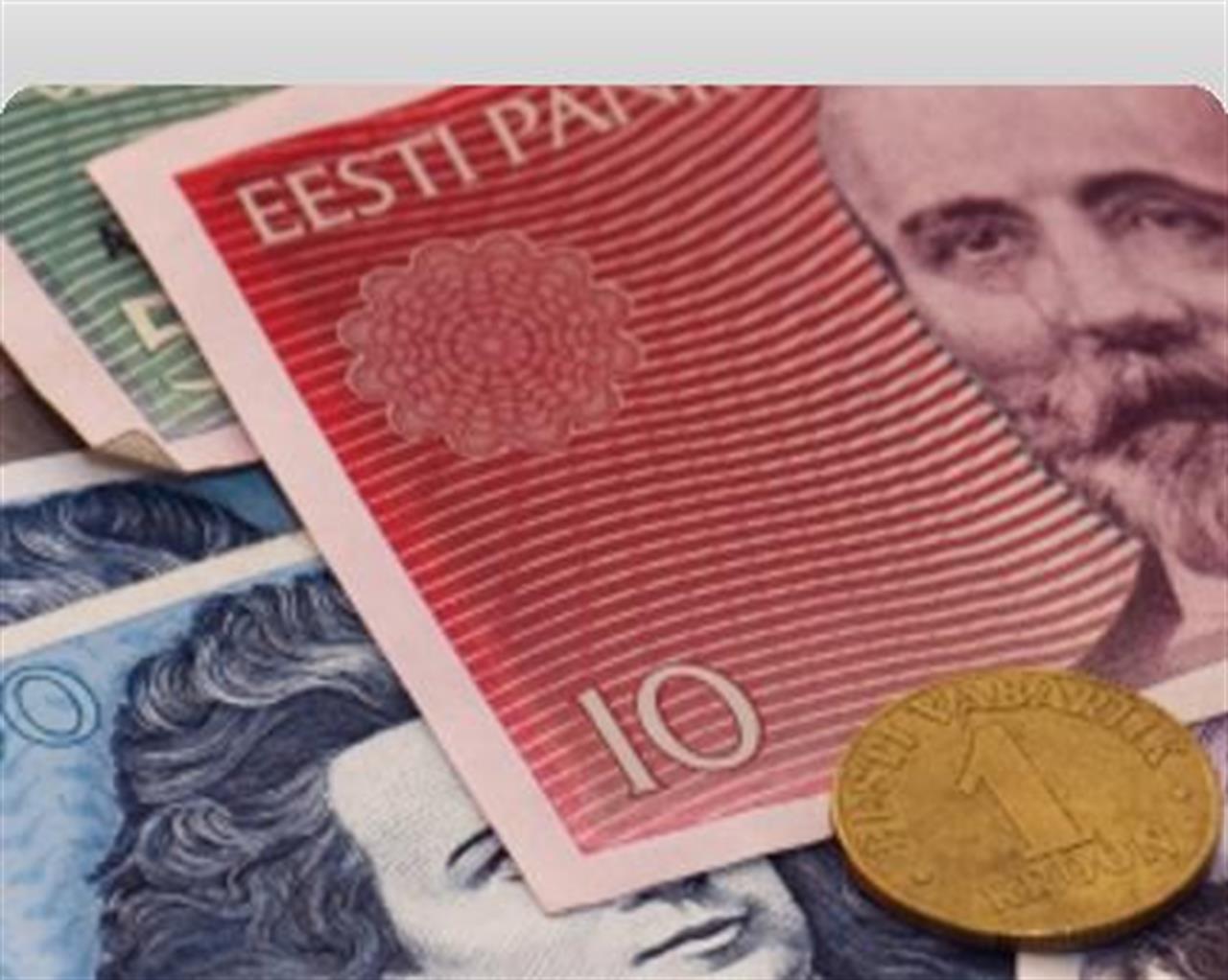Non profit
EU Special Report: Goodbye Kroon
Estonia has won EU approval to join the Eurozone in 2011 but drastic public spending cuts are in sight
di Staff

By Joshua Massarenti
In Estonia citizens are the victims of a strange austerity package. Together with Sweden and Luxembourg it is one of the only countries in Europe that has respected the European Stability and Growth Pact. According to the latest forecasts by the European Commission the country’s deficit will be 2.4 per cent throughout 2010 and 2011. Meanwhile, public debt should not rise above 9.6 per cent in 2010 or 12.4 per cent in 2011.
A record if one considers the calamities in Greece and Spain. In Brussels satisfaction is such that last week, on June 17, the European Council officialized its accession into the Eurozone, starting July 1 2011. It will be the first of the Baltic states to take this step. Nonetheless this isn’t enough.
The schizophrenic nature of the relationship between European governments and the financial market have convinced the Estonian government to ward off the realm of speculation by imposing drastic cuts to public spending (-10 per cent) and to the salaries of public administrators (between – 10 and -15 per cent). But that’s not all folks. In some government ministries there is talk of reducing personnel by more than 25 percent. Safe for now are pension plans, the government has chosen to leave them alone like it has done with the minimum wage. To meet the needs of families weighed down by debt bank interest rates have been lowered.
Was this the decision that stopped Estonians from taking to the streets to protest their disappointment? In Estonia roughly 200,000 families receive welfare benefits (0.9 percent of the GDP), while the unemployment rate is equal to 19.8 per cent of the workforce.
Voices from the field
The economic crisis? No big deal. Urmo Kübar, executive director of Estonia’s NGO umbrella organization NENO, gives his take on Estonia’s new currency and the financial crisis: “Older generations lost all of their savings and had to restart financially three times during their lifetime. Compared to these reforms, joining the Eurozone will be a piece of cake”. Read the full interview here.
Hard times inspire good actions. Mart Kuusk, director of a foundation that supports social enterprise in Estonia, the Good Deed Foundation, is not daunted by the crisis: “Even though unemployment is increasing and there are liquidity problems social entrepreneurship is growing in momentum. The crisis is actually having a positive effect on social entrepreneurship”. Read the full interview here.
Nessuno ti regala niente, noi sì
Hai letto questo articolo liberamente, senza essere bloccato dopo le prime righe. Ti è piaciuto? L’hai trovato interessante e utile? Gli articoli online di VITA sono in larga parte accessibili gratuitamente. Ci teniamo sia così per sempre, perché l’informazione è un diritto di tutti. E possiamo farlo grazie al supporto di chi si abbona.
